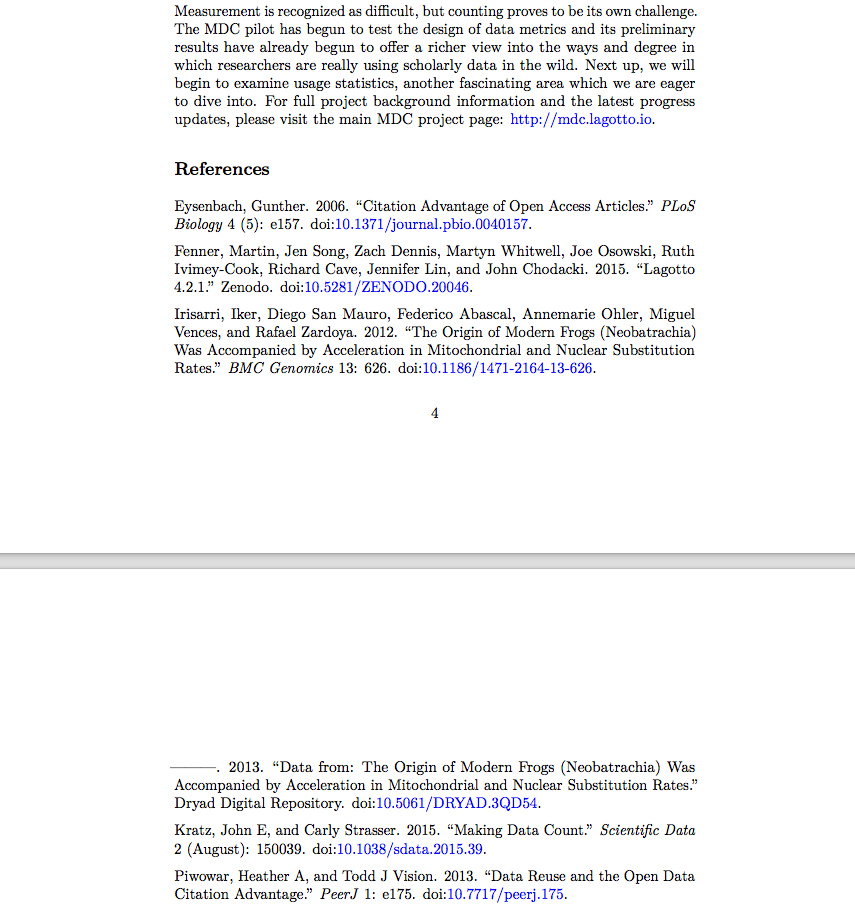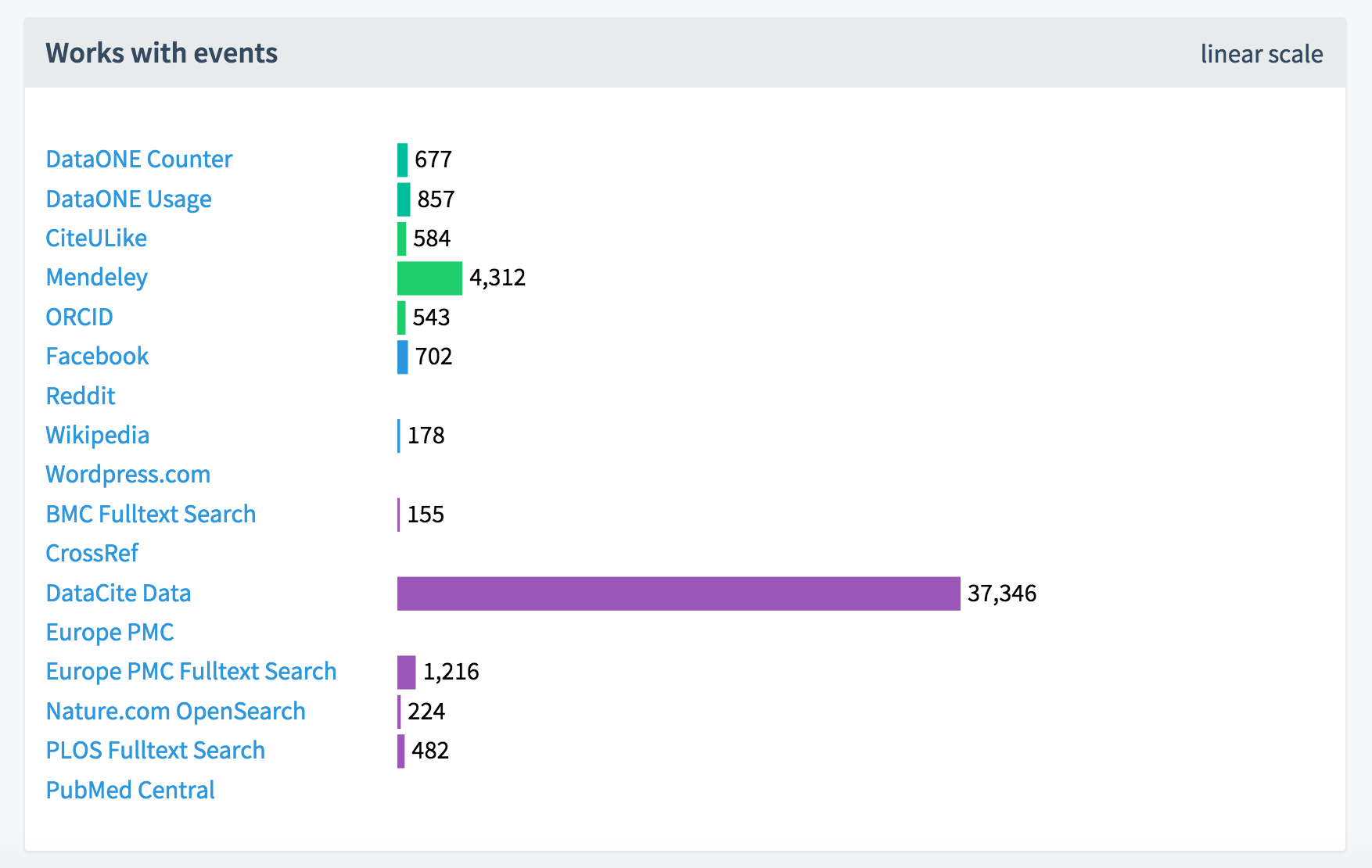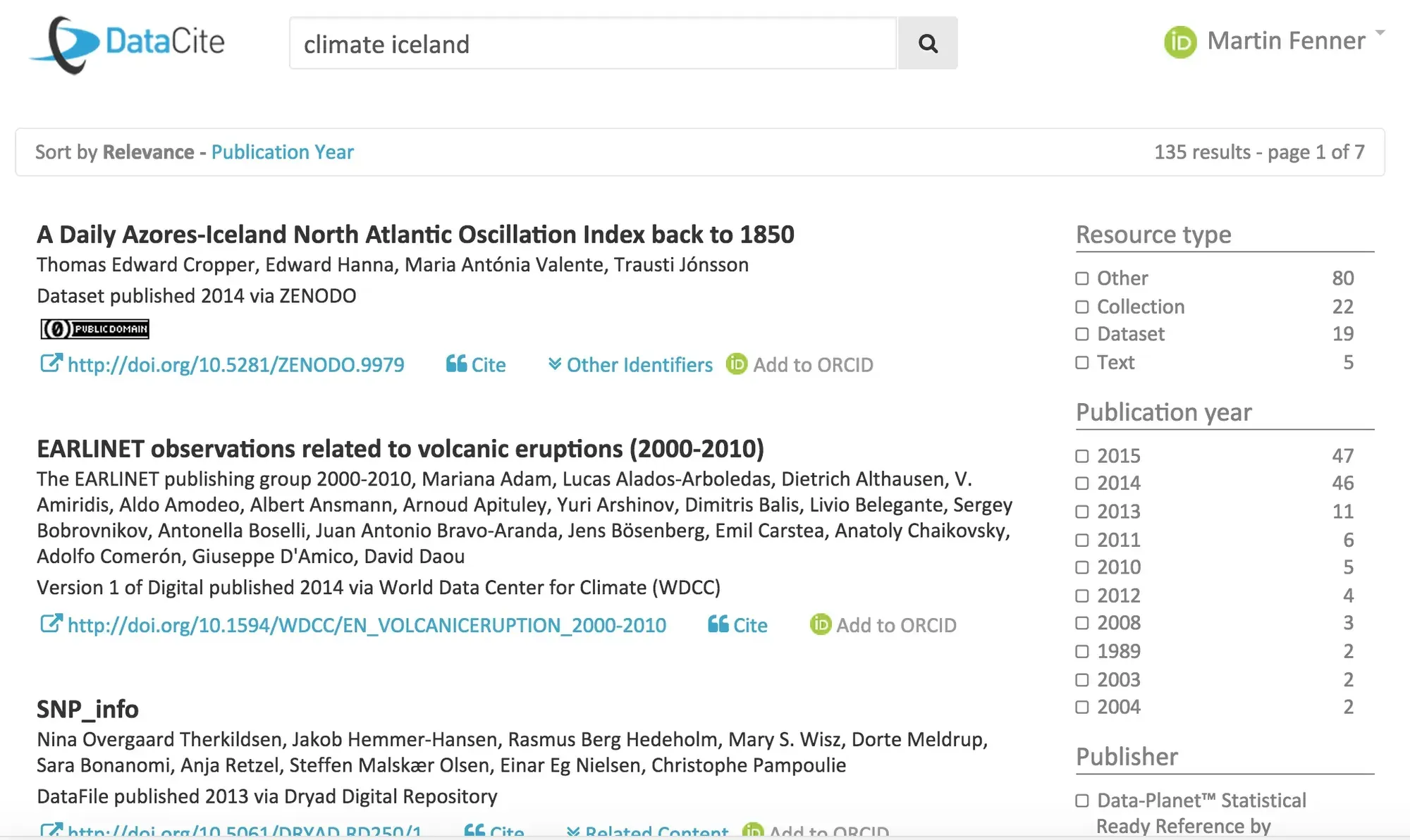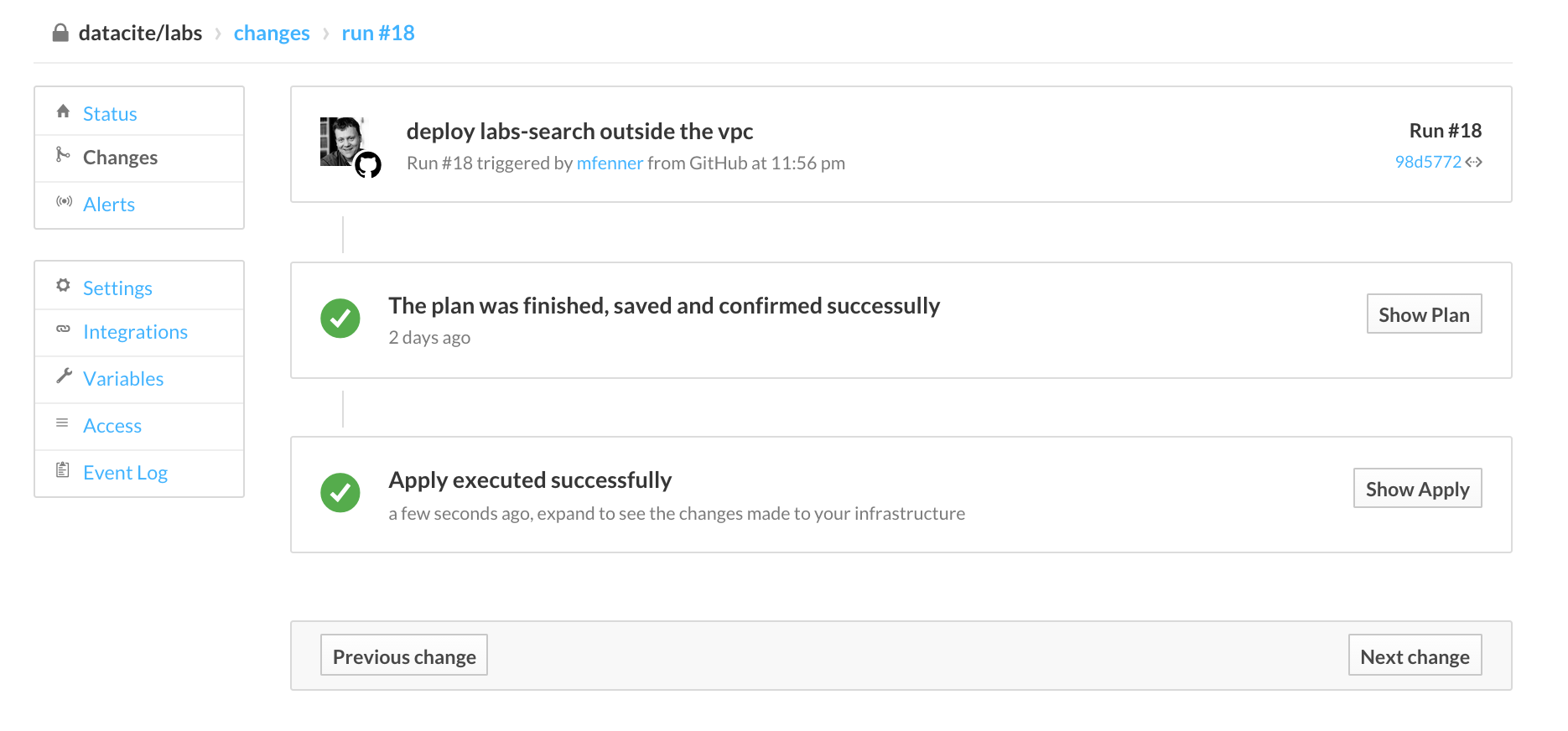
The Research Data Alliance 6th Plenary last week discussed numerous topics very relevant to DataCite. Below is a short subjective list of topics I found interesting. If you attended RDA, feel free to add your thoughts in the comments. And if you didn't attend, you can still provide feedback.








